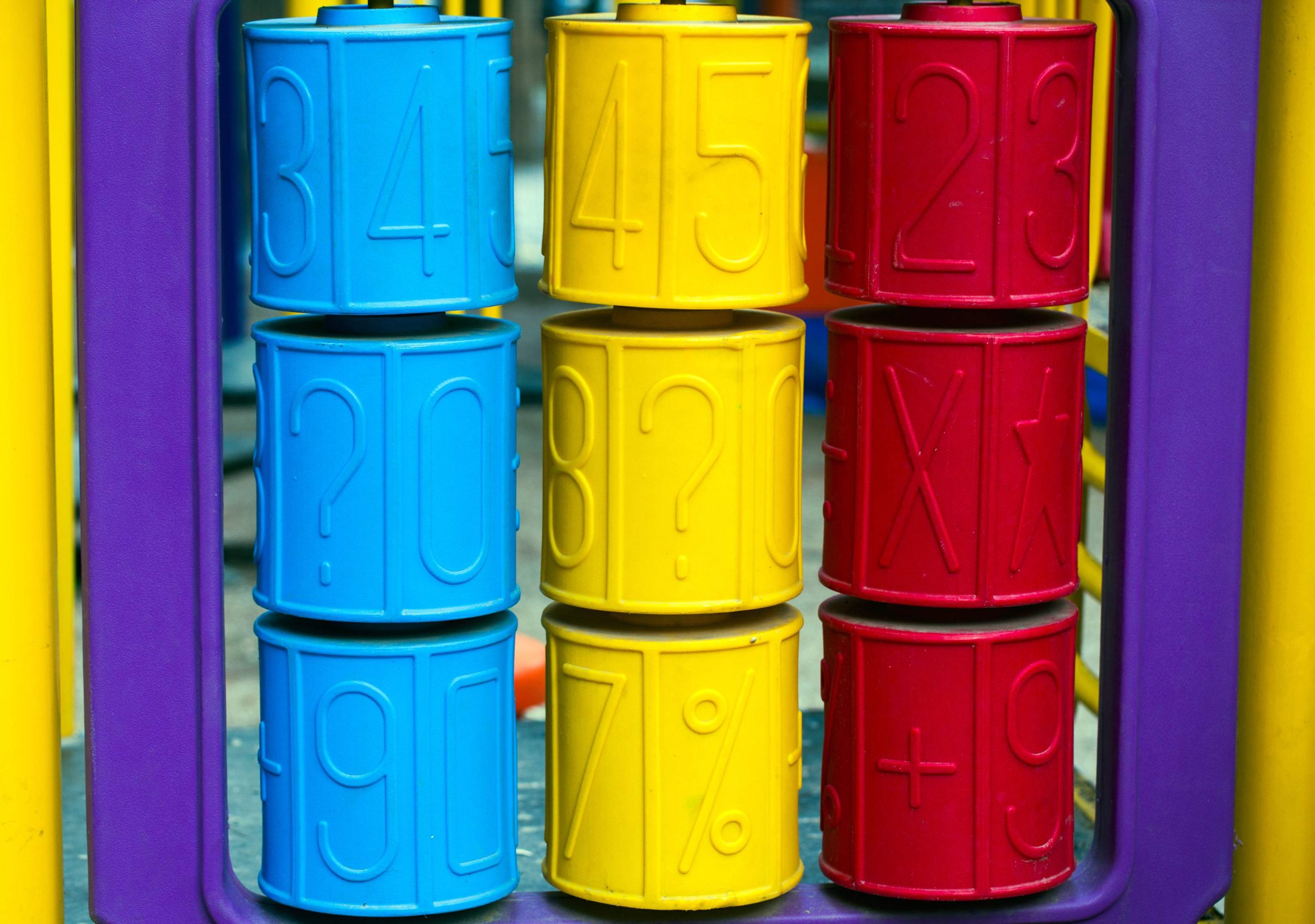
Exploring Informal Mathematical Knowledge for Preschoolers
Informal mathematical knowledge describes the everyday experiences preschoolers encounter with math, forming a crucial foundation for later, more formal mathematical concepts.
Introduction to Informal Mathematical Knowledge
Informal mathematical knowledge, fundamental to preschool math education, arises from everyday experiences. It encompasses activities such as counting objects, sorting shapes, and recognizing patterns.
Developing informal mathematical knowledge is pivotal for laying a strong math foundation. It equips preschoolers with essential tools and skills required for comprehending complex mathematical concepts in primary school. Research indicates that preschoolers with a robust informal mathematical knowledge base are better prepared for formal math education.
Materials for Teaching Preschool Math
A plethora of materials exists for teaching preschool math. These materials should be age-appropriate, engaging, and user-friendly. Here are examples:
- Counting Blocks or Cubes: Colorful blocks or cubes facilitate counting, simple addition, and subtraction.
- Shape Sorters: Toys with different shapes and colors help preschoolers sort shapes into corresponding holes.
- Pattern Blocks: Geometric shapes enable creating patterns and designs.
- Play Money: Pretend money aids in learning counting, addition, and subtraction.
- Number Puzzles: Puzzles with numbers help in arranging them in the correct order.
- Measuring Cups and Spoons: Kitchen tools introduce preschoolers to measurement and volume concepts.
- Clocks and Calendars: Tools for teaching time and days of the week.
Using Materials to Develop Informal Mathematical Knowledge
The key to using materials effectively for developing informal mathematical knowledge is providing preschoolers with opportunities for fun and engaging exploration and experimentation with math. Here are some tips:
- Provide Hands-On Experiences: Preschoolers learn best through hands-on experiences. Encourage them to explore and experiment with materials.
- Use Everyday Language: Incorporate everyday language when discussing math concepts to make them more accessible.
- Encourage Problem-Solving: Foster problem-solving skills by prompting preschoolers to find solutions using the materials.
- Focus on the Process: Emphasize the learning process rather than the end result.
- Use a Variety of Materials: Keep preschoolers engaged by rotating a variety of materials regularly.
Additional Ways to Develop Informal Mathematical Knowledge in Preschoolers
In addition to the mentioned materials, other methods can enhance informal mathematical knowledge in preschoolers:
- Games: Simple games like “I Spy” or “Guess How Many” aid in counting skill development.
- Cooking: Cooking activities provide practical application for math skills like measurement and following recipes.
- Outdoor Play: Outdoor activities offer opportunities for math exploration in a natural setting.
- Books: Reading math-related books can develop counting and pattern recognition skills.


